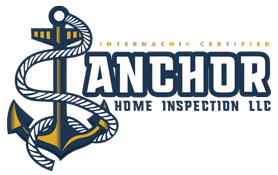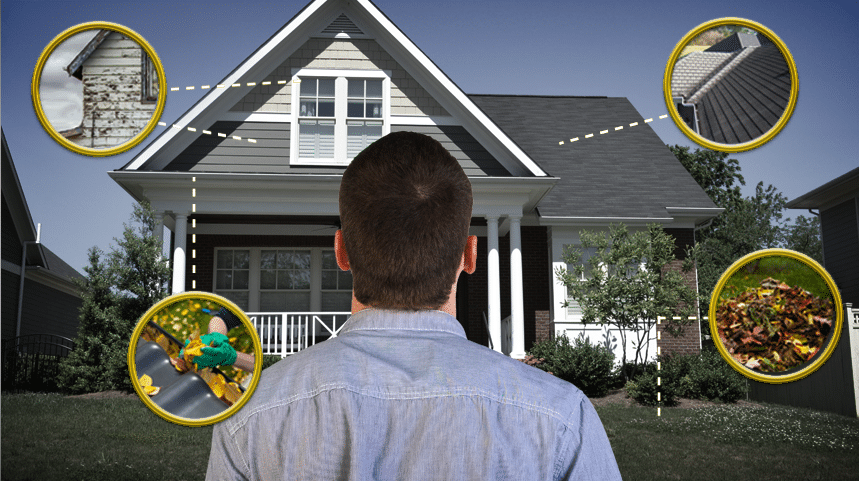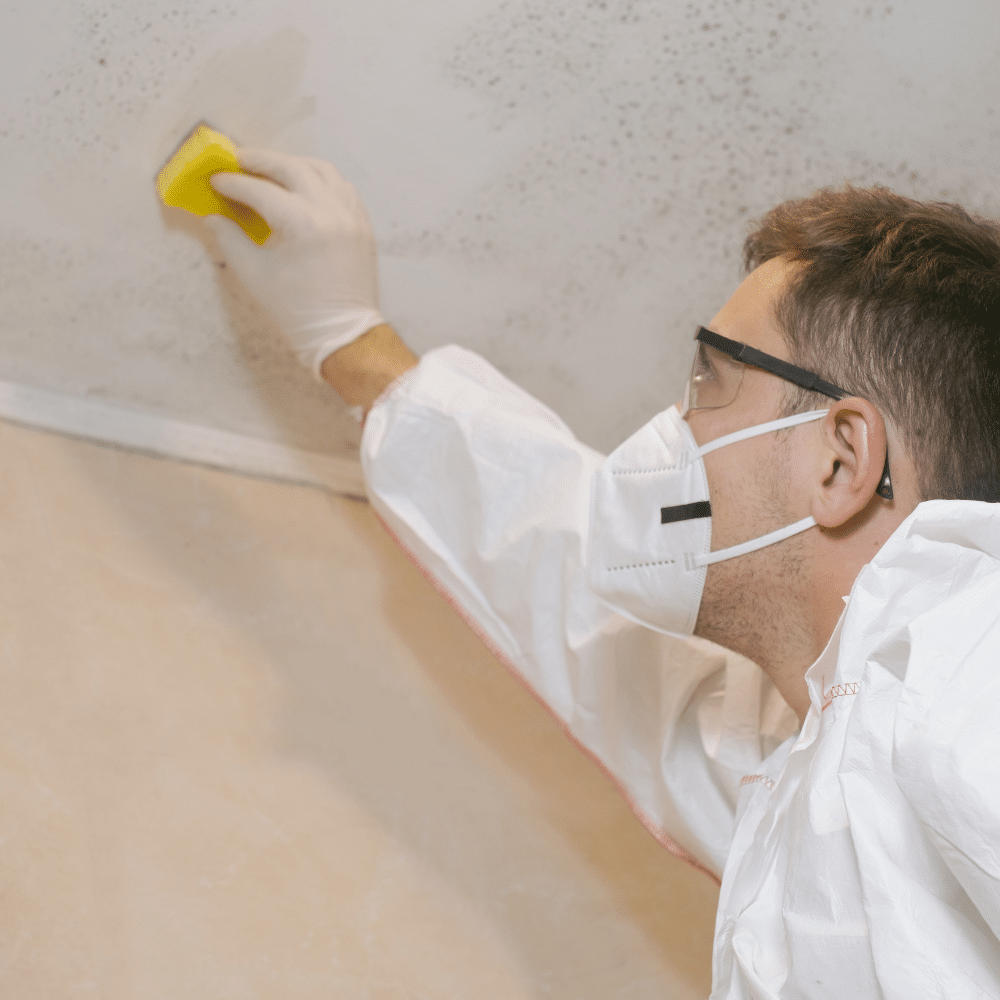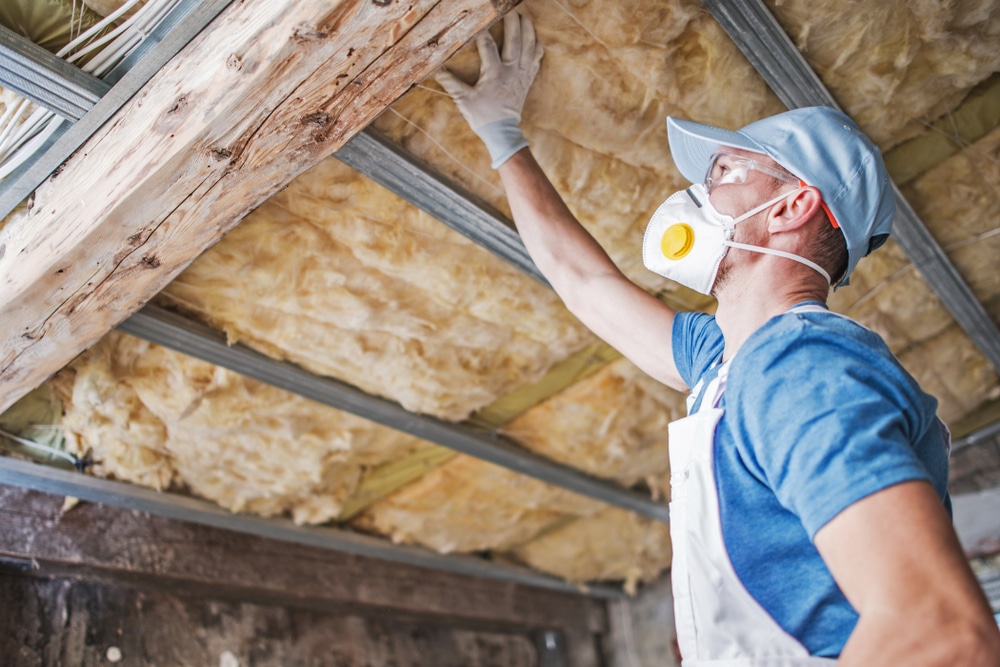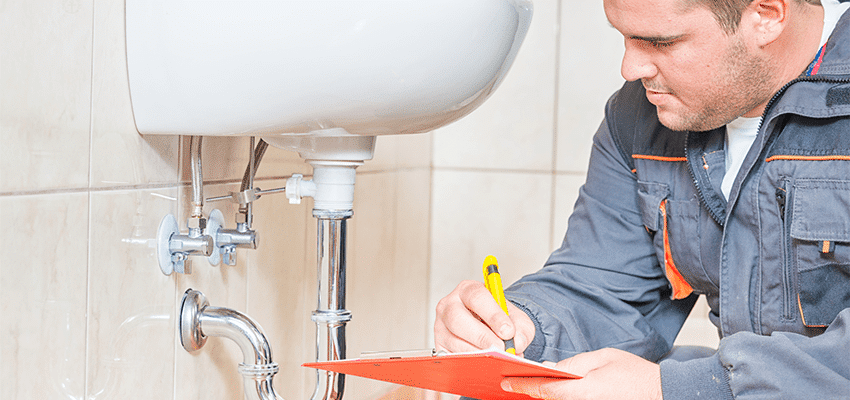Buying a home is a significant investment, and ensuring that it’s in good condition is crucial to making an informed decision. This is where the home inspection process comes into play. Home inspections provide a detailed assessment of a property’s condition, identifying potential issues and helping buyers and sellers make informed choices. In this blog, we’ll walk you through the home inspection process and what you can expect during this critical phase of the home-buying journey.
Hiring a Qualified Inspector
The first step in the home inspection process is to hire a qualified home inspector. Look for inspectors with certifications and memberships in professional organizations like the American Society of Home Inspectors (ASHI) or the International Association of Certified Home Inspectors (InterNACHI).
Scheduling the Inspection
Once you’ve selected an inspector, you or your real estate agent will schedule the inspection with the seller’s permission. Inspections typically occur after an offer has been accepted but before the closing date.
Pre-Inspection Agreement
Before the inspection, you’ll be required to sign a pre-inspection agreement. This document outlines the scope of the inspection, the inspector’s responsibilities, and any limitations or exclusions.
The Inspection Day
On the scheduled day, the home inspector will arrive at the property to conduct a thorough examination. The inspection typically takes a few hours, but the duration can vary depending on the size and condition of the home.
Exterior Inspection
The inspection begins with an assessment of the property’s exterior, including the roof, siding, foundation, windows, doors, and landscaping. The inspector looks for signs of damage, wear and tear, and potential issues.
Interior Inspection
Inside the home, the inspector examines various components, such as the electrical system, plumbing, HVAC (heating, ventilation, and air conditioning), appliances, and structural elements. They check for any defects or safety concerns.
Detailed Reporting
A reputable home inspector provides a detailed report that outlines their findings. This report may include photographs and descriptions of issues or areas that require attention. It typically categorizes findings as major concerns, minor issues, or routine maintenance recommendations.
Discussion and Questions
After the inspection, the inspector discusses their findings with you. This is an opportunity to ask questions, seek clarification, and gain a better understanding of the property’s condition.
Negotiations and Next Steps
Depending on the inspection results, you may need to negotiate with the seller regarding necessary repairs or adjustments to the sale price. Alternatively, you can choose to proceed with the purchase as-is or withdraw your offer.
Final Report
A comprehensive written report is typically provided to you within a few days of the inspection. This report serves as a valuable reference during the buying process and for future maintenance and improvements.
The home inspection process is a crucial step in the home-buying journey, offering peace of mind and transparency. By hiring a qualified home inspector and following the process diligently, you can gain a comprehensive understanding of the property’s condition and make informed decisions about your investment. Whether you’re buying or selling a home, a thorough home inspection helps ensure a smooth and successful transaction.
Discover What to Expect During the Home Inspection Process. Contact Anchor Home Inspection for a Detailed Home Inspection Experience.
